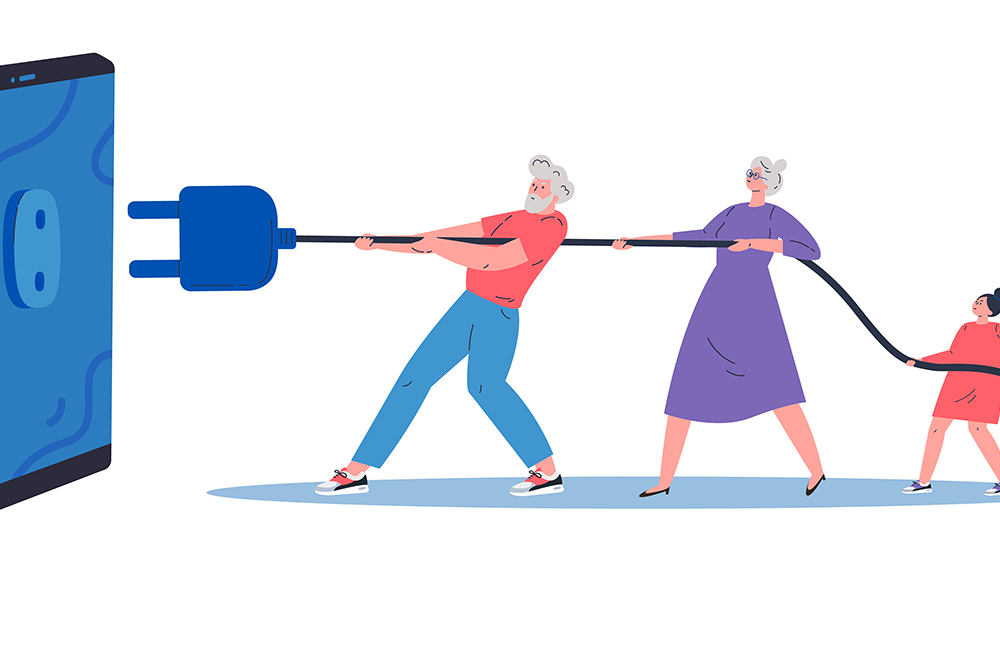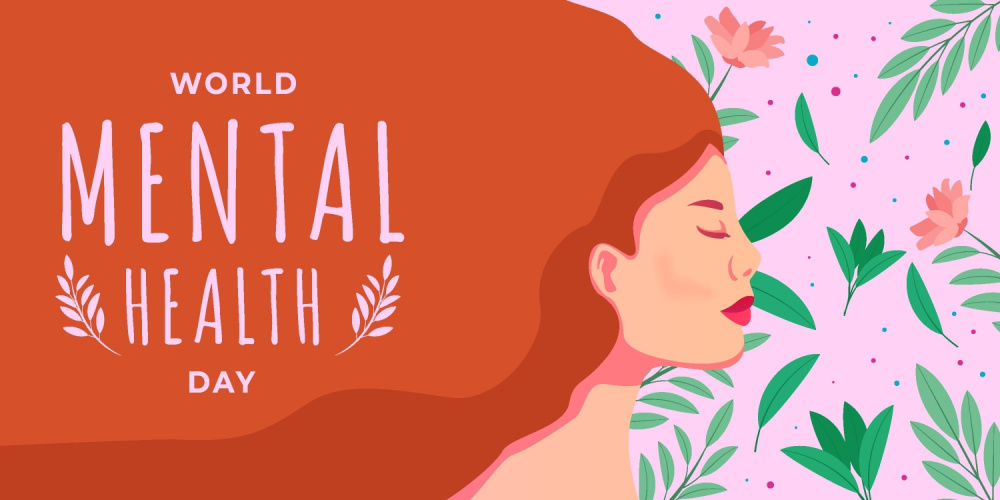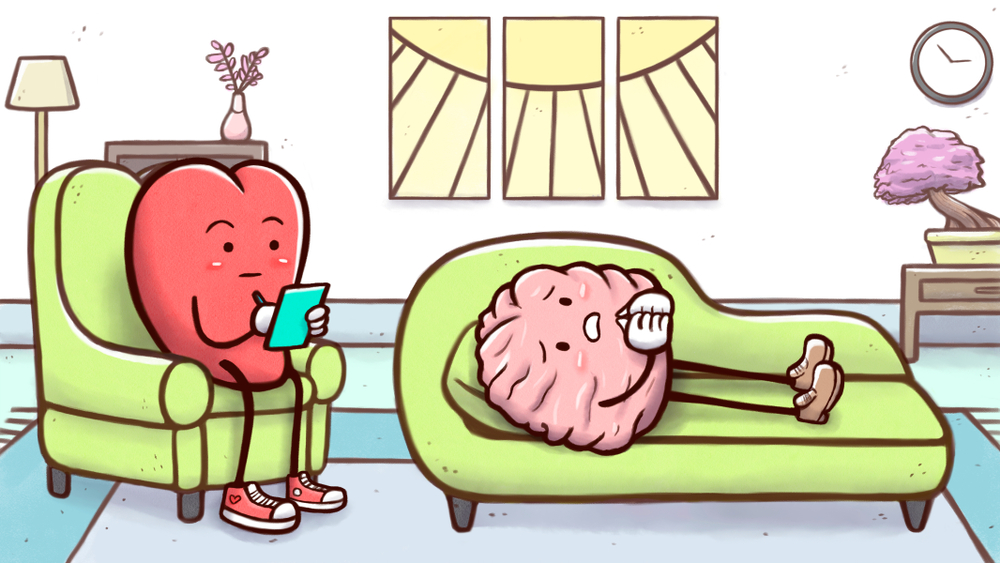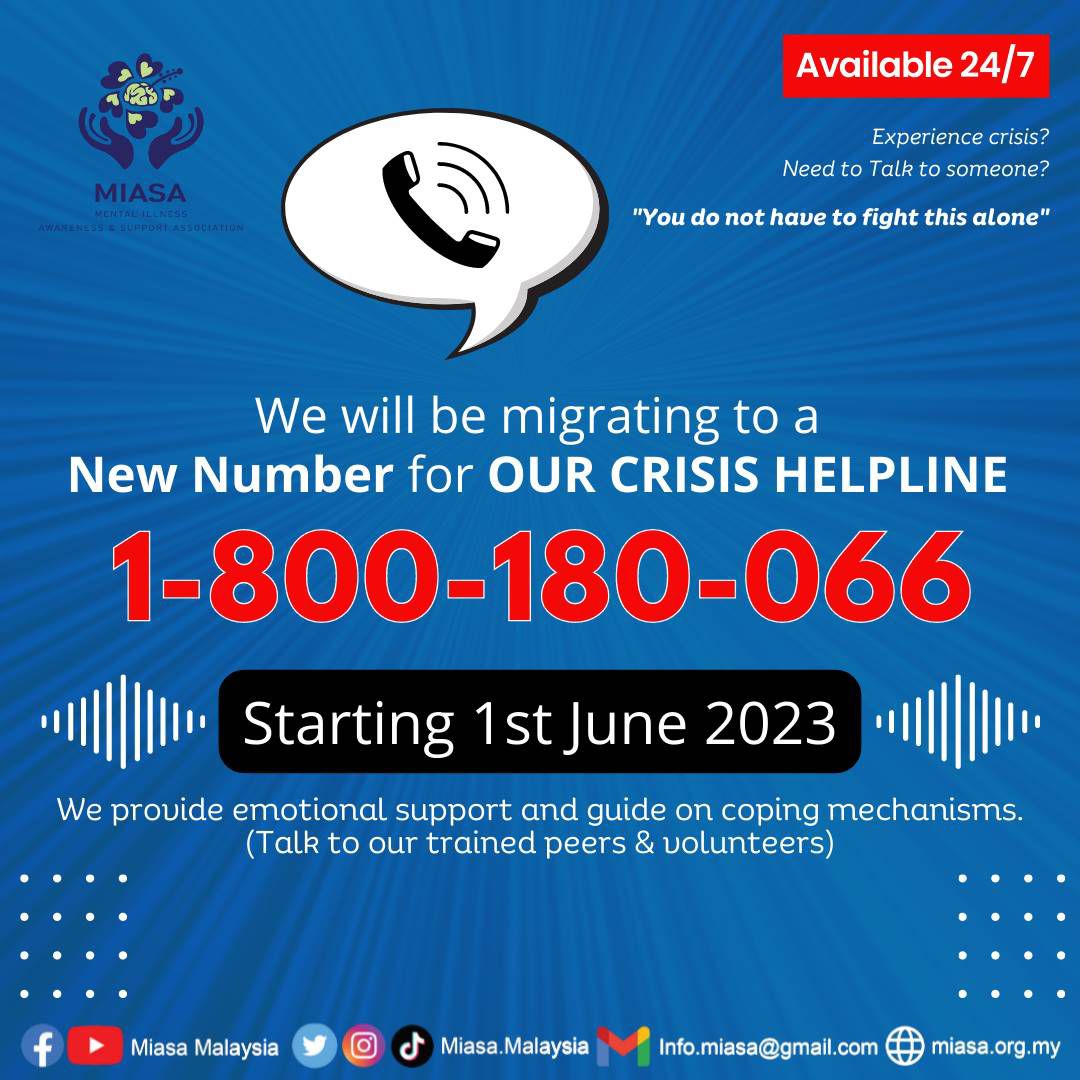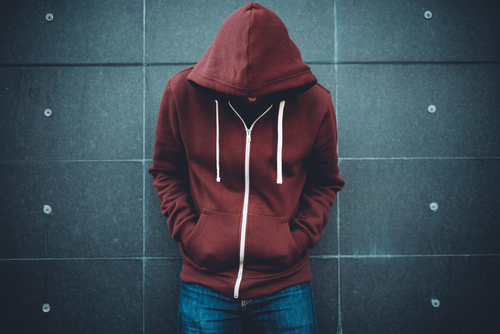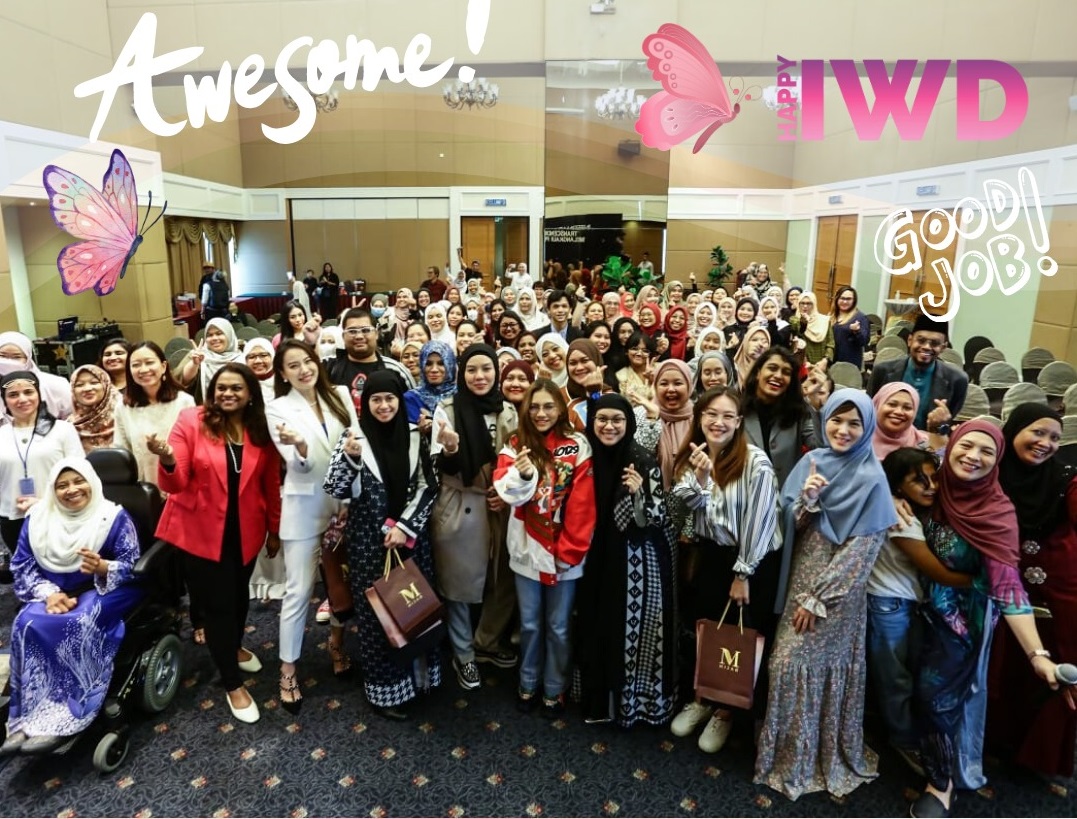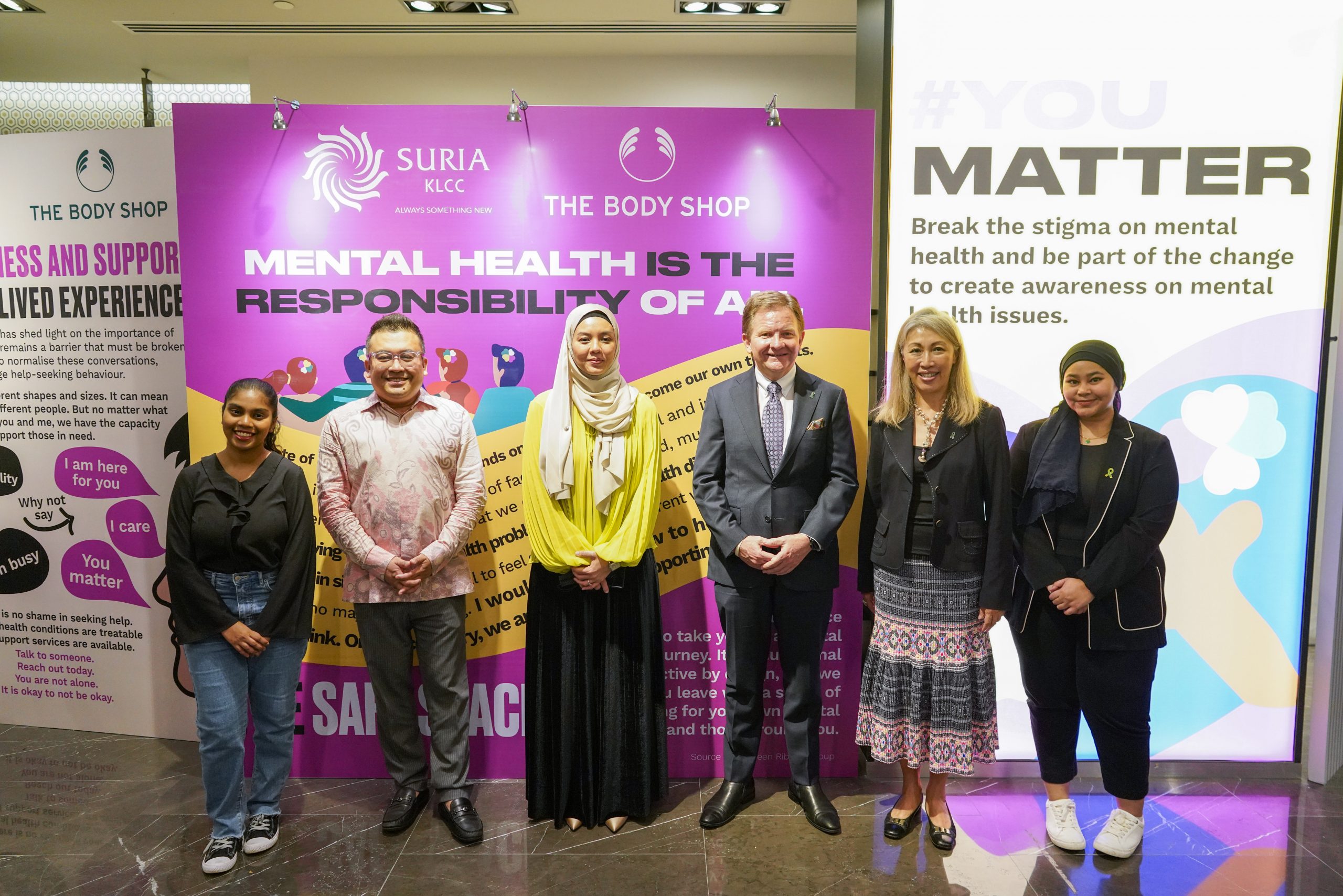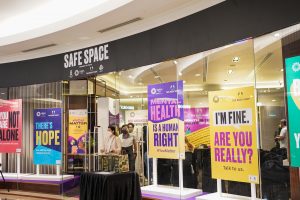WORDS SALINA SALLI
 FEATURD EXPERT FEATURD EXPERT
SALINA SALLI
Founder & Learning Designer
Digital Dolphin Academy |
More than half of all working Malaysians are suffering from burnout or enduring poor work-life balance, according to a recent survey conducted by a human resources solution provider.
These are truly chilling figures and are compounded further by the ever-shifting workplace landscape.
From a move to work-from-home, to hybrid and now a gradual shift back to the office plus the rise of digital tools and platforms, working has never been more fluid and simultaneously never been more complicated.
It has led to an innate inability to tune off, compartmentalize and prioritize. This bleedover has been sapping the mental wellness of the next generation of leaders.
In fact, recent reports found that GenZ could perhaps be the most stressed generation in the workplace. This is not some far-off or distant issue that we can turn a blind eye to, it is something that is very much real and close to home.
CHANGES ARE CRUCIAL
The intersection of various factors contributing to the escalating stress and mental wellness concerns in the workplace has also rendered traditional leadership approaches obsolete. So, when faced with new challenges, naturally it is only through new solutions that we can overcome them.
One such approach that holds promise is resilience leadership—a paradigm that not only acknowledges the stressors faced by employees but also equips leaders with the tools to navigate these challenges with compassion and adaptability.
WHAT ARE THE CHARACTERISTICS OF A RESILIENT LEADER?
Resilience leadership is characterized by its ability to guide teams through adversity with an emphasis on adaptability, empathy, and forward-thinking.
Unlike conventional leadership models that might inadvertently exacerbate stressors, resilience leadership empowers leaders to address concerns proactively.
Resilient leaders not only recognize the importance of acknowledging employee well-being but also understand the role they play in fostering a supportive environment. This contrasts starkly with traditional leadership, which often prioritizes results over the welfare of individuals.
Adaptability and flexibility emerge as crucial tenets of resilience leadership. Leaders that can seamlessly pivot in the face of uncertainty set the tone for their teams to follow suit.
NURTURING RESILIENT LEADERS
To nurture these qualities within leaders, there is a need for them to embrace continuous learning, open-mindedness, and a willingness to embrace change.
It may be an uphill battle but by mastering adaptability and flexibility, leaders can guide their teams through challenging transitions, ultimately bolstering their mental wellness.
Technology
Digital communication and collaboration tools enable leaders to stay connected with their teams, irrespective of physical distance.
Moreover, technology has enabled remote work to flourish, granting employees greater autonomy in how and where they work.
However, it’s imperative to strike a balance between technological connectivity and the potential pitfalls of digital burnout. This is where the necessary groundwork will have to be laid first by these resilient leaders.
Virtual teams
Leaders who are adept at fostering a sense of unity in remote teams are better equipped to address feelings of isolation and disconnection.
Cohesion and trust are nurtured through deliberate efforts to promote collaboration and transparent communication.
These virtual teams, when guided by empathetic leaders, can counteract the negative effects of remote work on mental wellness.
Emotional intelligence
Leaders with high emotional intelligence can cultivate empathy in their interactions, creating an environment where employees feel heard and supported.
This emotional connection not only improves morale but also contributes to a sense of belonging and psychological safety—a crucial antidote to stress.
BALANCING AUTONOMY & ACCOUNTABILITY
In a world of remote work and hybrid models, the balance between autonomy and accountability becomes a critical consideration.
This balance fuels employee engagement and productivity while preventing the potential pitfalls of unchecked autonomy.
Accountability, too, remains paramount, ensuring that the pursuit of well-being doesn’t compromise performance.
Resilience leaders empower their teams by granting autonomy while also setting clear expectations and goals
Leading through change and uncertainty is an art that resilient leaders must master.
These leaders embrace ambiguity, relying on transparent communication to guide their teams through periods of flux.
Their ability to inspire resilience and adaptability becomes a beacon of hope in times of crisis, instilling confidence and reducing anxiety.
The journey of a resilient leader is one of continuous learning and development
In an era where the only constant is change, leaders must actively seek opportunities for growth.
By fostering a culture of learning, leaders demonstrate their commitment to navigating the complexities of the modern workplace, inspiring their teams to follow suit.
With mounting concerns over the nation’s mental health, especially that of the next generation of leaders, it is imperative that this generation of leaders, stand up and be accountable enough to make the necessary though difficult change.
As workplaces evolve, leaders must adapt their approaches to reflect the changing landscape. By embracing adaptability, leveraging technology, fostering emotional intelligence, and leading through change, resilient leaders pave the way for healthier, more productive work environments.
The challenges of the modern era provide an opportunity for leaders to redefine their roles, not as authoritarian figures but as compassionate guides who champion both individual well-being and organizational success. It is in this fusion of empathy and efficacy that we find the key to curbing stress and nurturing mental wellness in the workplace.
 FEATURED EXPERT
FEATURED EXPERT

